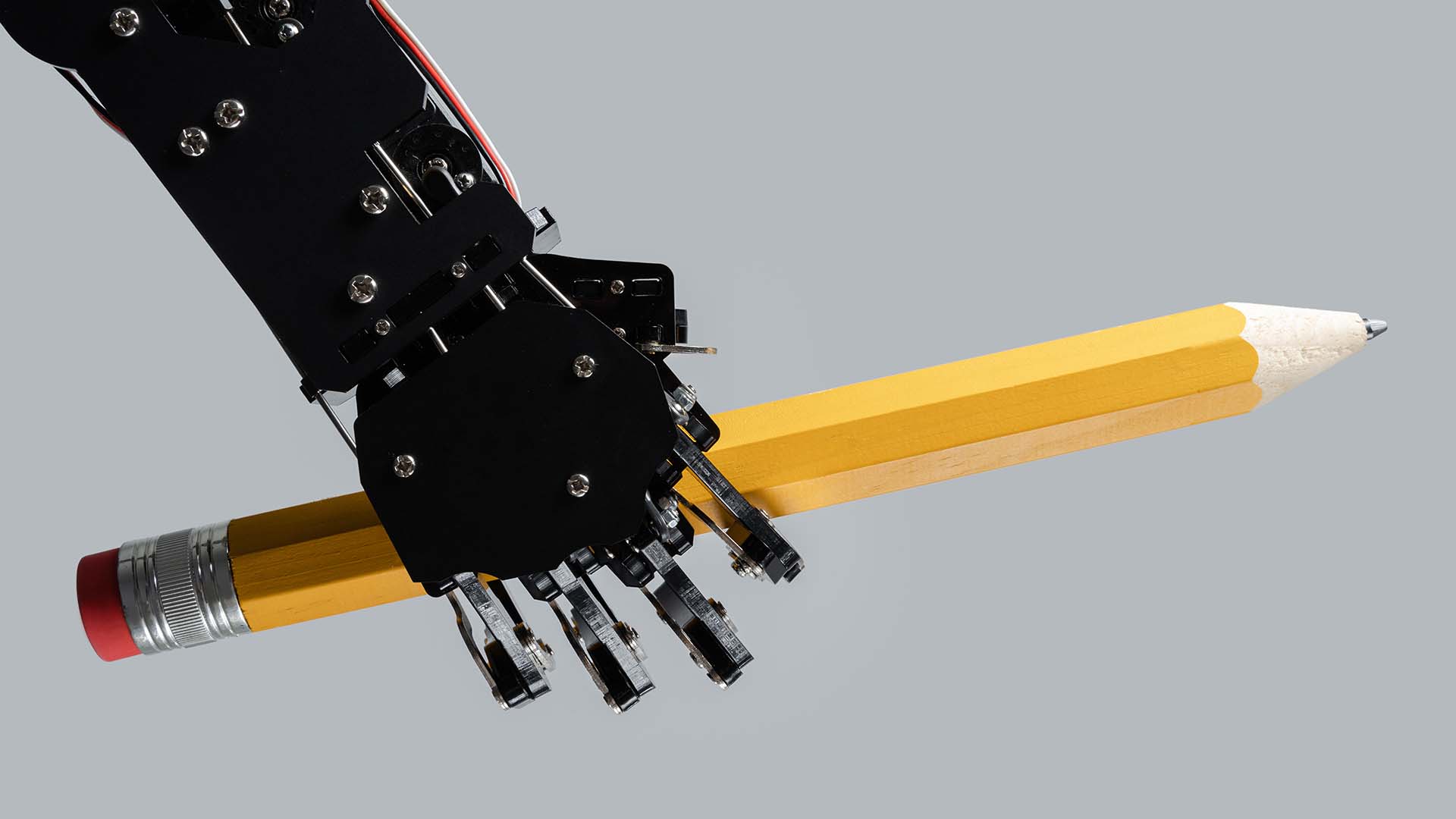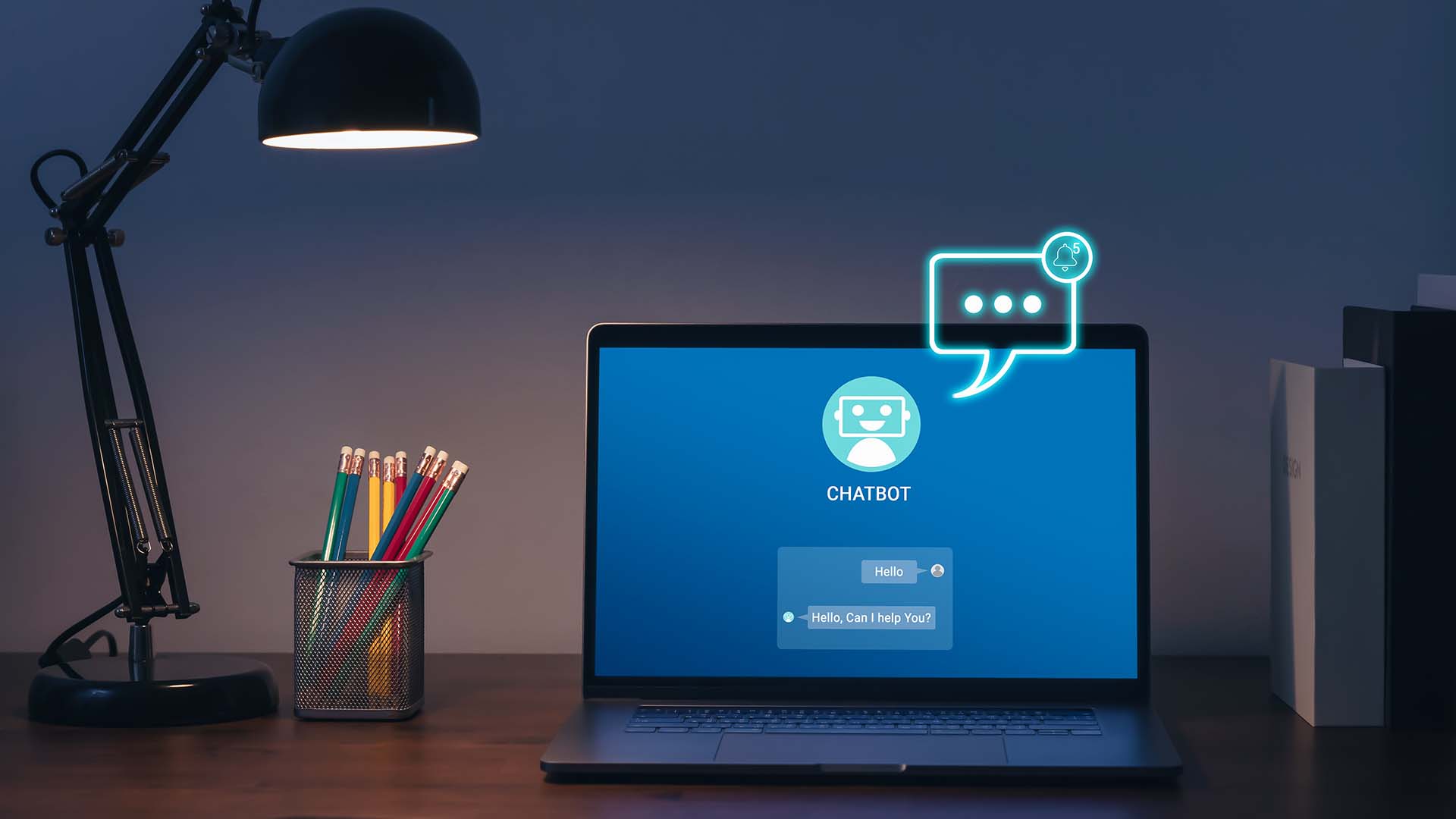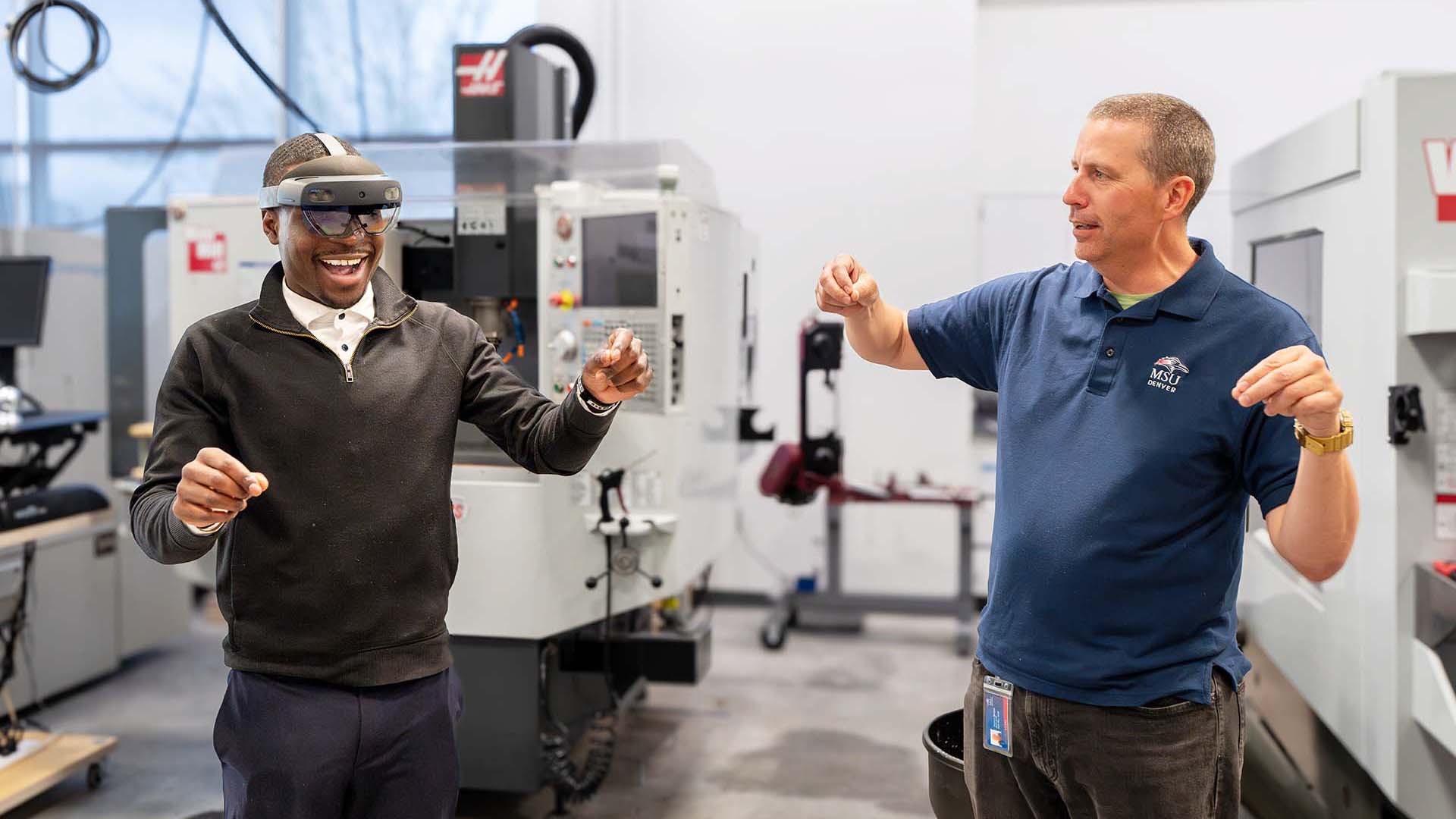Future-proof: Computer Science majors learn to collaborate with AI
As artificial intelligence increasingly supplants entry-level programmers, educators teach students how to become more efficient with the technology.
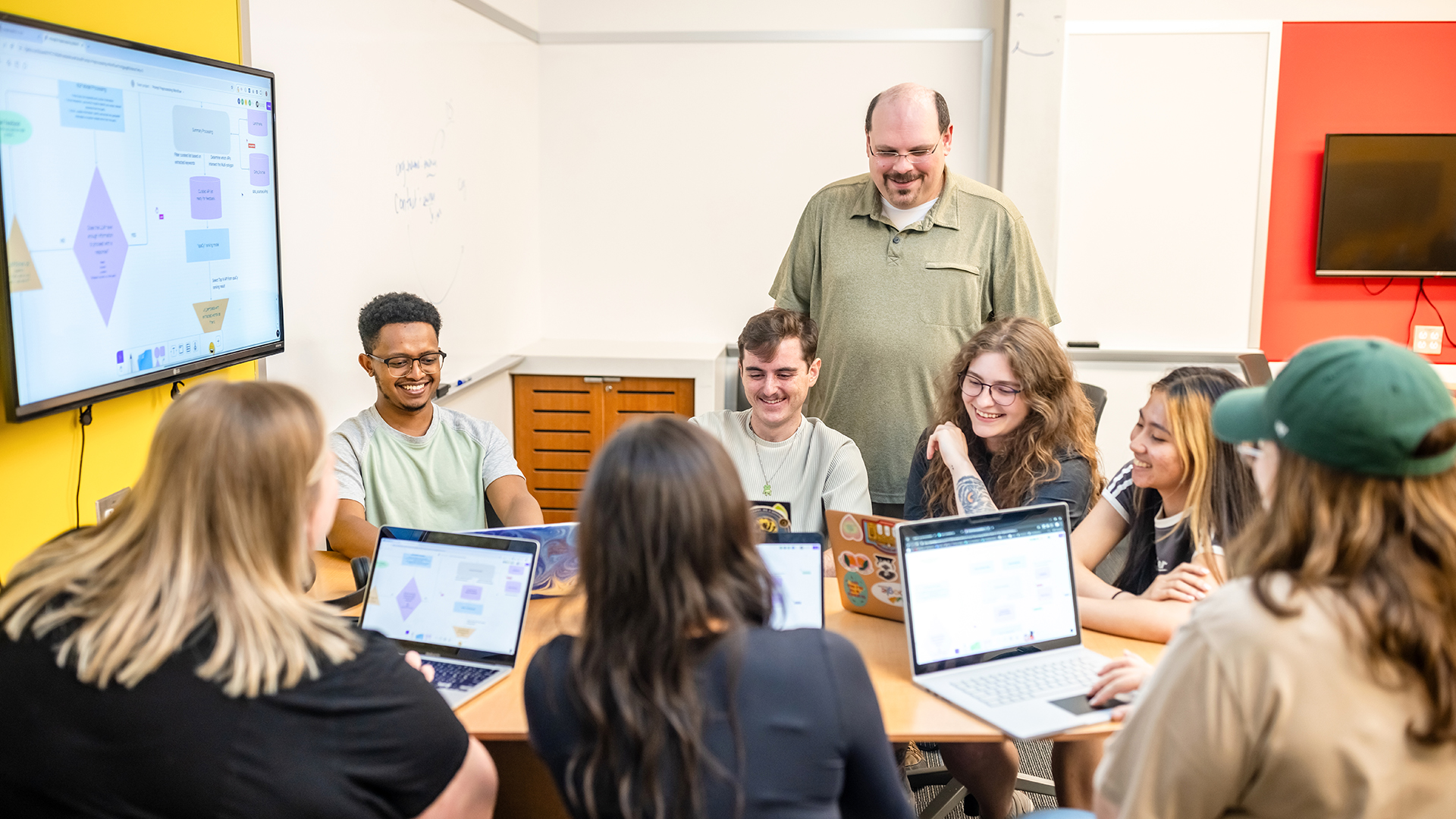
Editor’s note: Throughout the 2025-26 academic year, RED’s Future-proof series will focus on real-world outcomes, community needs and the critical role public universities play in preparing students for the jobs of tomorrow.
Angela Fleenor mastered the art of accurately capturing and captioning spoken language in court reporting school, only to have her career plans disrupted by the advent of new automated technology.
“I initially went into it because I wanted to do captioning,” she said, “but AI and voice recognition software have mostly replaced live captioners.”
These days, Fleenor, a senior majoring in Computer Science at Metropolitan State University of Denver, is feeling a sense of déjà vu as business leaders lay off staff and turn to artificial intelligence tools to write code, diminishing the need for new programmer hires.
“I feel apprehensive,” she said, regarding her job prospects after graduation next spring. “I don’t have statistics right now, but I believe the layoffs have disproportionately affected women in tech. I feel nervous about it.”
A labor market report from the Federal Reserve Bank of New York lends weight to Fleenor’s concern. Recent computer science graduates face a higher unemployment rate, about 6%, than those entering other professions.
While the days of Computer Science majors being assured of good-paying entry-level positions coding software could soon be a distant memory, there’s no reason to panic, said Daniel Pittman, Ph.D., associate professor in MSU Denver’s Department of Computer Sciences.
“We can do more with fewer people now in intro-level programming jobs because AI can automate, but that does not eliminate the profession of software development,” he said. “It doesn’t eliminate the human, but it does make the humans that remain more efficient.”
But the buzz around AI is driving many businesses to adopt the technology without fully appreciating potential downsides, Pittman said.
“These CEOs go out there and say, ‘We don’t need an intro-level programmer anymore,’” he said. “You can say that all you want, and maybe for a little while, that’s going to be fine. But then all these senior developers are going to retire, and then what? You’re like, ‘Well, I need somebody to replace them,’ but they gave nobody a chance to get any experience. So that’s not a sustainable statement.”
RELATED: In Journalism’s future, AI isn’t all bad
When AI is used to write code, it draws on a vast trove of online data, essentially predicting what the next element in a set of instructions should be. While the blinding speed with which it generates content may accelerate project completion, it isn’t always accurate, Pittman said, and that means that there will always be a demand for people trained in computer science who can spot the errors.
Pittman’s assurances notwithstanding, Fleenor’s fellow Computer Science major Monica Ball and Emma Tran, a sophomore Biology major with a Computer Science minor, share her apprehension and voiced some skepticism about the widespread embrace of AI.
“I’m not sure that it will be long-term financially viable to shift everything to AI for software development,” Ball said. “I also think that a lot of code that gets created is not always going to be very secure. You’re always going to need someone else checking through it to make sure it does what you think it does, how you think it does it, and it does it without compromising any of the ‘CIA triad’ — confidentiality, integrity and availability.”
Tran noted that because generative AI is still new and imperfect, business leaders should be cautious about embracing it.
“It’s still being tested and looked at and criticized,” she said. “It’s something that’s in development. I think that when people think we should just ditch everything and rely on it, that is kind of pushing it.”
Two years ago, in anticipation of the AI revolution, the department of Computer Sciences added a major in Data Science and Machine Learning, and starting next semester will launch a major in Computer Security, Pittman said, adding that planning for the DSML major had been underway when he joined the department four years ago.
“The DSML degree has been pretty timely,” he said. “Before ChatGPT was really a thing, they were creating this degree because we knew that people were using other forms of AI to make sense of their data.”
The Computer Security major likewise builds on the fact that AI was already being used to detect threats and anomalous online behavior, Pittman said. Large language models such as ChatGPT also have a role to play in helping companies and institutions find the right balance of protection for their systems.
“How much money do you want to invest in security versus how much risk exposure do you want to have? It’s a classic conversation, because no one wants to spend money on security,” he said.
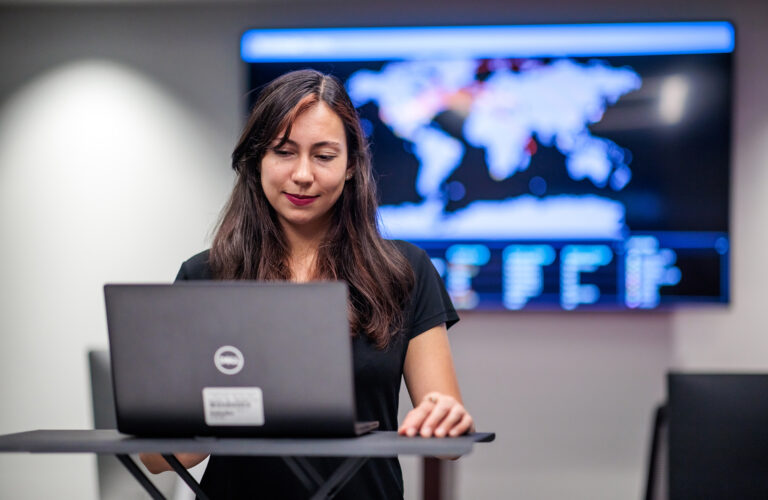
Despite these efforts to broaden course offerings, could the ongoing AI-driven transformation of information technology render computer science majors’ skillsets obsolete within a few years?
“First and foremost, I’d say computer scientists are trained to be problem solvers,” Pittman said. “That’s really what we try to make our students understand. It’s not about learning one programming language. It’s not about learning one tool because tools do change, especially in software.”
That same problem-solving ability will be essential in the future, he said. “It’s just instead of you handwriting everything, it might be more in collaboration with an AI, generating something together and then assessing its correctness for what you’re trying to do.”
Learn more about the Computer Science program at MSU Denver


